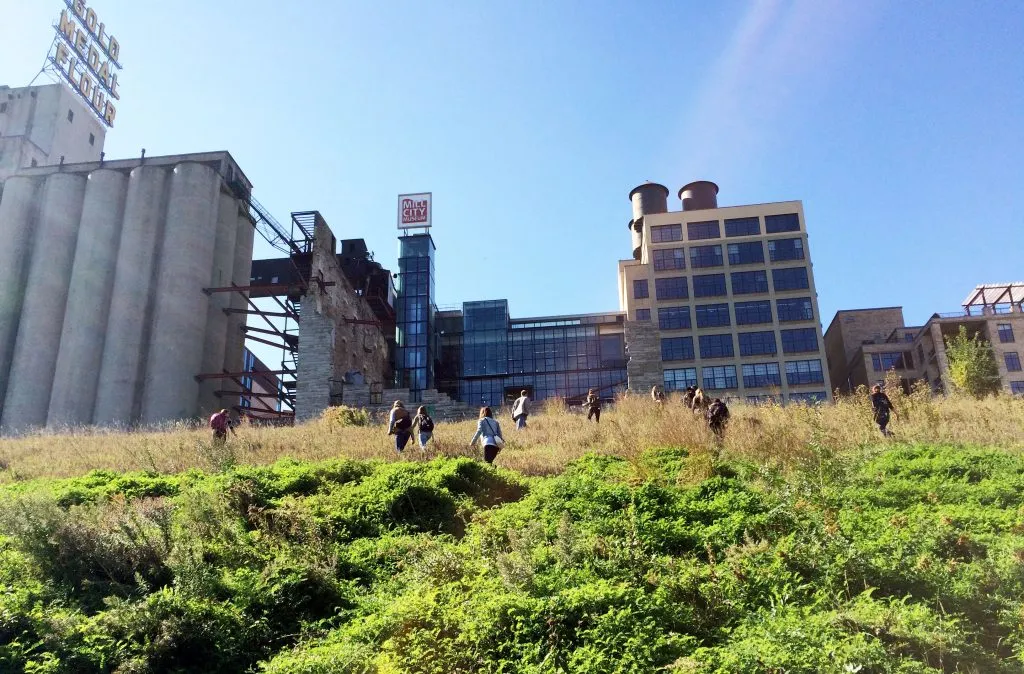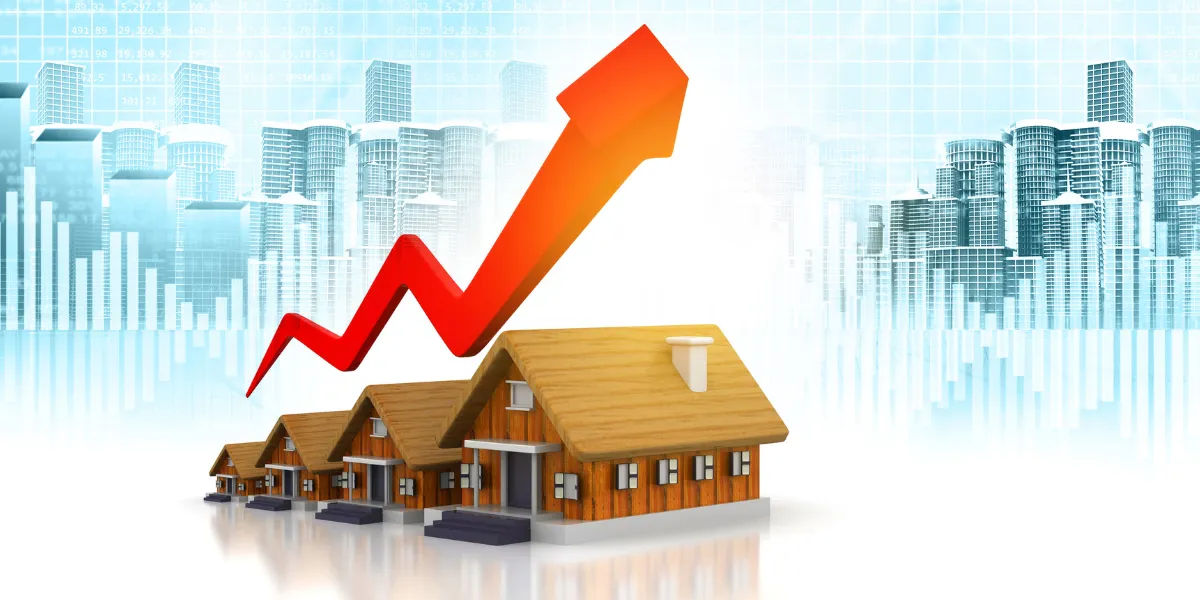Introduction
In the world of modern real estate, master-planned developers hold a unique position as visionaries who design communities from the ground up with a clear and comprehensive strategy. Unlike smaller-scale projects, master-planned developments are carefully crafted to balance residential, commercial, recreational, and cultural elements, ensuring long-term livability and growth. These developers are not only shaping neighborhoods but also setting the foundation for entire cities, with a focus on harmony, sustainability, and quality of life.
Master-planned developers are responsible for conceptualizing large-scale communities where every detail, from road networks to schools and parks, is integrated into a cohesive vision. Their work goes beyond building homes, extending into the creation of environments where families can thrive, businesses can flourish, and communities can grow sustainably. These projects often span vast tracts of land and are executed over several years or even decades, requiring foresight, meticulous planning, and a deep understanding of urban dynamics.
One of the defining characteristics of master-planned developments is their emphasis on balance and functionality. Developers ensure that residential areas are complemented by commercial hubs, educational institutions, healthcare facilities, and leisure amenities, creating communities that are self-reliant and convenient. Green spaces, walking paths, and recreational zones are often central to the design, reflecting the growing demand for healthier, more connected lifestyles. By integrating these elements, master-planned developers provide residents with not only a place to live but also a vibrant and sustainable way of life.
Sustainability and innovation have become central to the work of master-planned developers. Many projects incorporate smart technologies, renewable energy solutions, and eco-conscious building practices to meet the needs of environmentally aware buyers and investors. In addition, these developments are often designed to adapt to future growth, with infrastructure that can evolve alongside changing demographics and economic shifts. This adaptability ensures that master-planned communities remain relevant and valuable for generations.
From an investment perspective, master-planned developments are attractive due to their scale and long-term stability. Investors and homeowners alike view them as secure opportunities, as properties within these communities tend to retain value thanks to the integrated amenities and strong planning. As cities continue to expand, the demand for thoughtfully designed, all-in-one communities will only grow, placing master-planned developers at the forefront of future urban growth.
Conclusion
Master-planned developers are more than builders; they are architects of lifestyles and communities. By combining vision, strategy, and sustainability, they create developments that redefine modern living and set the stage for future urban evolution. Their projects are not only shaping the way people live today but also laying the groundwork for thriving, resilient communities of tomorrow.




